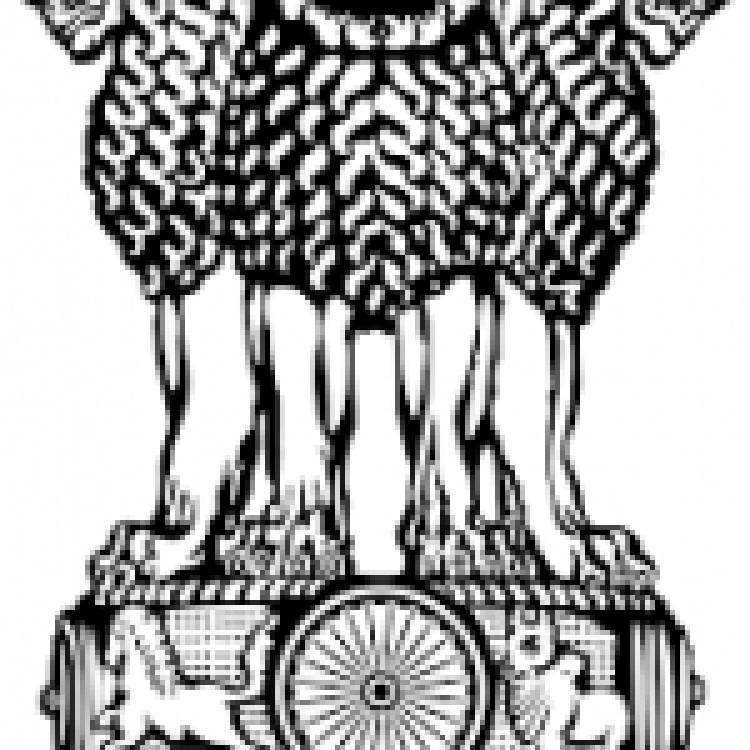<p>The UN human rights office has called India’s new citizenship law ‘fundamentally discriminatory’ as it excludes citizenship for certain religious minorities.</p>
<p>In a<a href="https://twitter.com/UNHumanRights/status/1205451656495861761"><u> tweet</u></a>, the UN human rights office wrote:</p>
<p>“India: We are concerned that the new Citizenship Amendment Act is fundamentally discriminatory in nature. Goal of protecting persecuted groups is welcomed, but new law does not extend protection to Muslims, including minority sects.”</p>
<p>The heavily disputed Citizenship Amendment Bill (CAB) which was passed last Wednesday, will grant citizenship to persecuted immigrants of six non-Muslim communities from Pakistan, Afghanistan and Bangladesh.</p>
<p>Jeremy Laurence, a spokesperson for the Office of the UN High commissioner for Human Rights (OHCHR) said, “Although India’s broader naturalisation laws remain in place, these amendments will have a discriminatory effect on people’s access to nationality.”</p>
<p>“We understand the new law will be reviews by the Supreme Court of India and hope it will consider carefully the compatibility of the law with India’s international human rights obligations,” he added. </p>
<p>The bill sparked protests across India and have continued for six days, leaving six people dead. They began in the north-eastern state of Assam last week before spreading to other parts of India.</p>
<p>Reacting to the backlash, India’s Prime Minister Narendra Modi appealed for calm amidst the violent protests yesterday.</p>
<p>He <a href="https://twitter.com/narendramodi/status/1206492850378002432"><u>tweeted</u></a> that “no Indian has anything to worry regarding this Act. This Act is only for those who have faced years of persecution outside and have no other place to go except India.”</p>
<p>Critics of the bill fear that this will create divisions in India while elevating Hindu nationalism.</p>
<p>Read more from the<a href="https://news.un.org/en/story/2019/12/1053511"> <strong>UN</strong></a><strong>, <a href="https://www.voanews.com/south-central-asia/un-rights-official-urges-ind…">VOA </a></strong>and the<a href="https://www.bbc.co.uk/news/world-asia-india-50805092"> <strong>BBC</strong></a>.</p>
We need your support
Sri Lanka is one of the most dangerous places in the world to be a journalist. Tamil journalists are particularly at threat, with at least 41 media workers known to have been killed by the Sri Lankan state or its paramilitaries during and after the armed conflict.
Despite the risks, our team on the ground remain committed to providing detailed and accurate reporting of developments in the Tamil homeland, across the island and around the world, as well as providing expert analysis and insight from the Tamil point of view
We need your support in keeping our journalism going. Support our work today.

